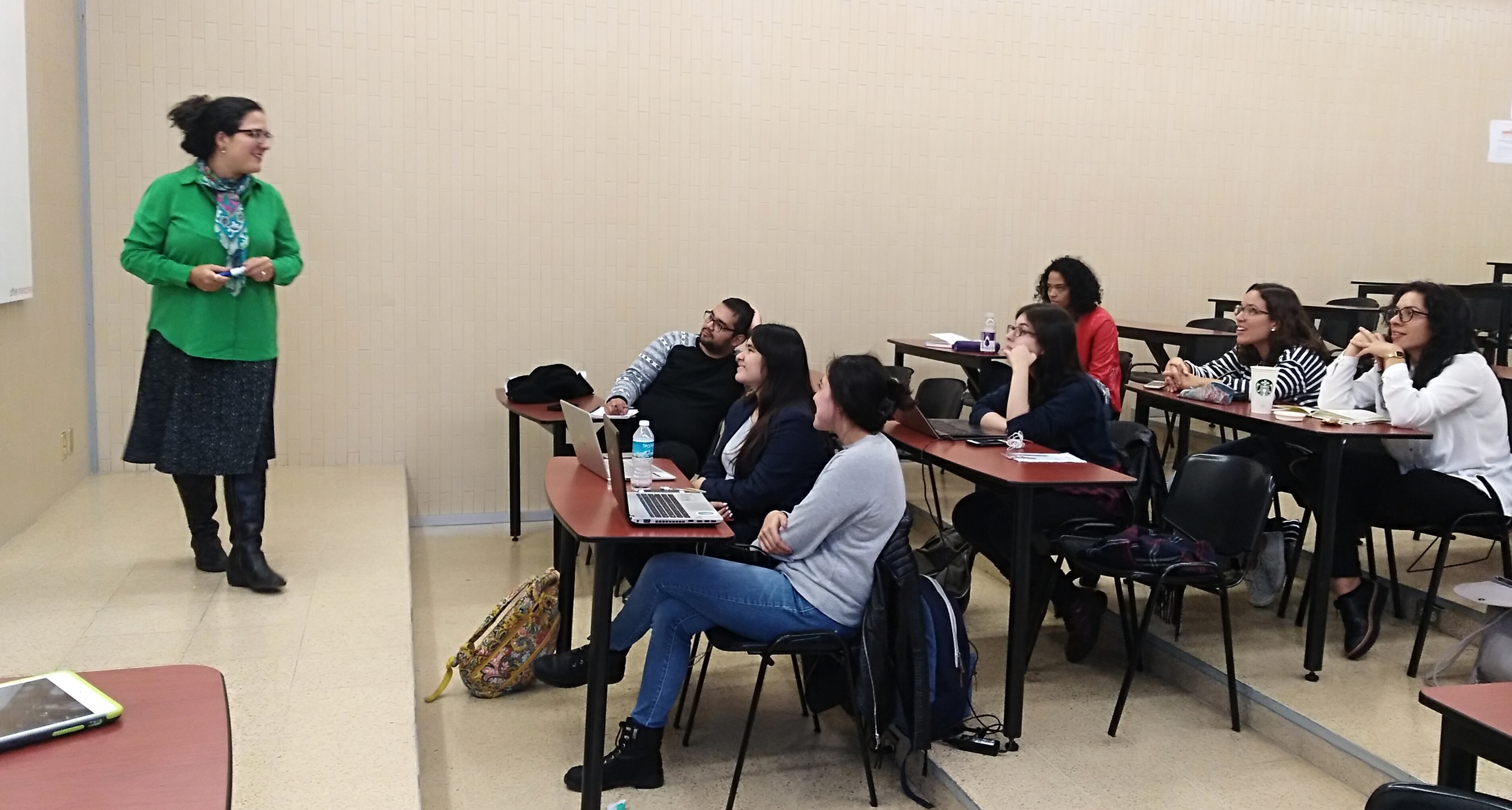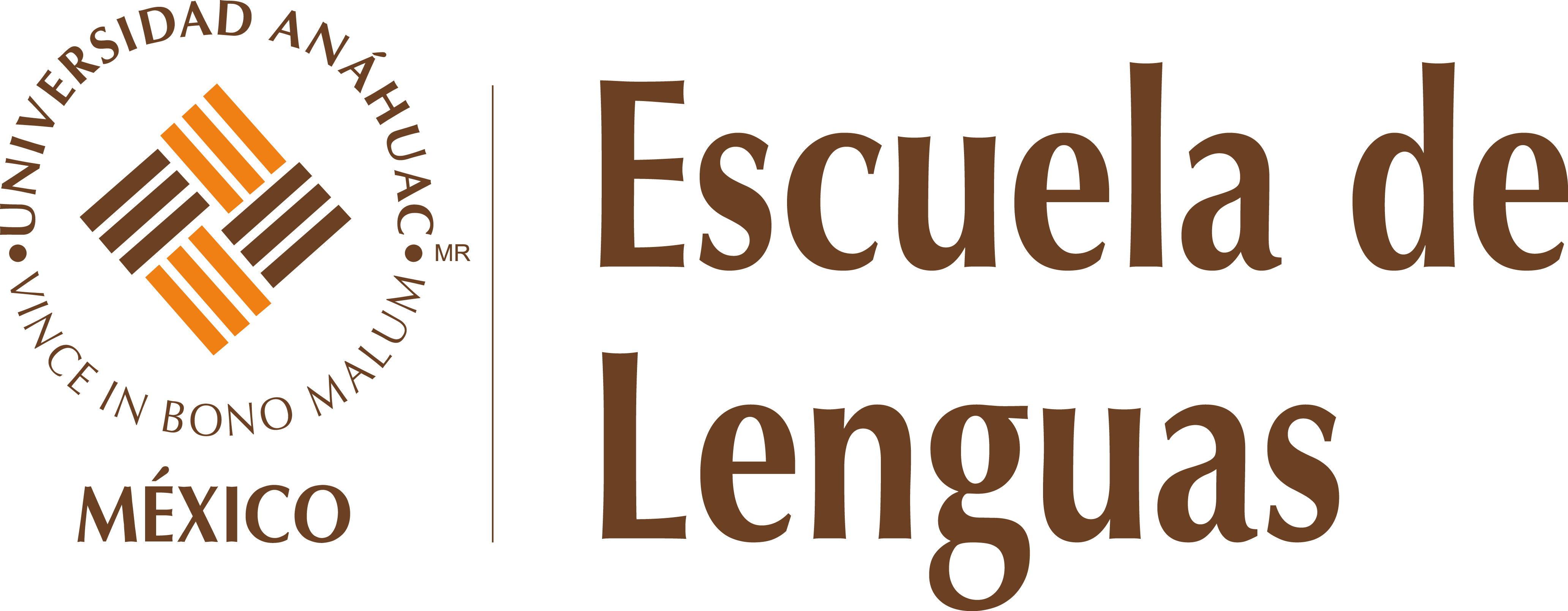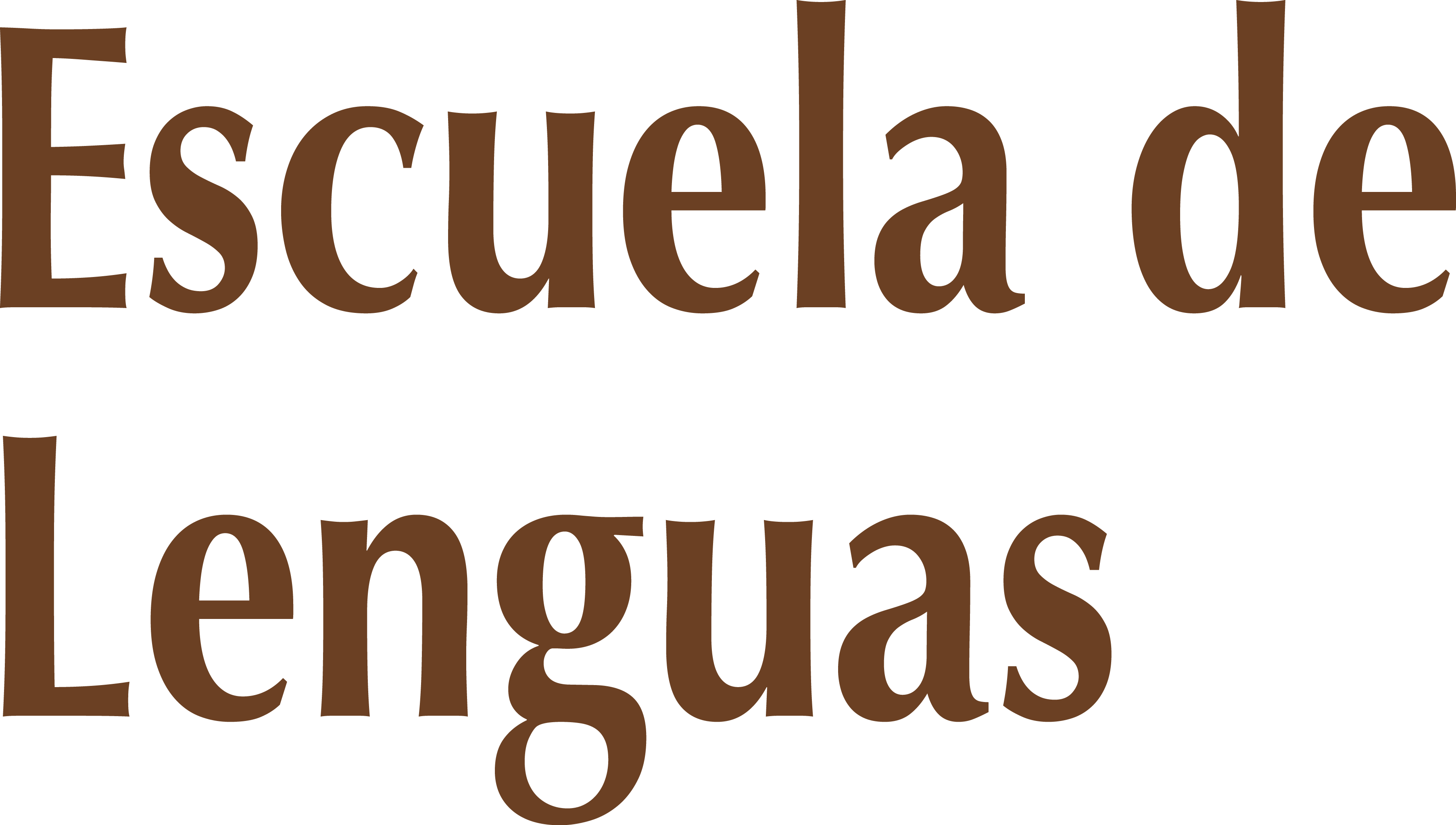
By Helena Villa (LMGC, 6to semestre)
On October 10, the author and professor Lola Hörner (1985, Léon, Guanajuato) was a guest to the Producción Literaria en Inglés and Taller de Creación de Textos en Inglés class from the Modern Languages and Cultural Management major at the Anahuac University North Campus. The students, who at the moment were studying fiction, enjoyed a lecture about the importance and complex impact that Fairytales have in society and in culture.
Lola Hörner is a professor of Compared Literature in the UNAM and she has published several texts for children and young adults. 21,000 princesas, her project about femicides in Mexico in collaboration with Ave Barrera, won the LÍA International Artist Book Contest in 2005. Currently, she is working in her PhD on fairytales and its relationship with the body and the violence.
The dialogue began with the simple question: “Who is your favorite Disney Princess?” Then, she proceeded to explain the historical background of fairytales and how these traditional European stories, which were orally transmitted from generation to generation, were revolutionized and appropriated by Perrault in 17th century, and the Grimm Brothers one century later. Since then, fairytales have evolved with humankind and we cannot separate one from the other. Hörner demonstrated how the social objective of these stories was to represent the monstrous part of humanity so people would learn from it and avoid it. Fairytales are supposed to morally shape society -meaning that they are not exclusive to children even if they do have a direct impact on childhood. This conclusion leads to the question: what are we teaching our children?
It cannot be denied that many of the classical fairytales are based on gender clichés that teach the readers about gender roles and female characteristics, both physical and mental. This allowed Hörner to talk about the importance of rewriting fairytales and how women are now changing the stories to tell their version. For example, as seen in class, Margaret Atwood rewrites fairytales in Good Bones and gives voice to typically sidelined female characters like the Evil Sister or Gertrude, Hamlet’s mother.
Similarly, Hörner and Ave Barrera wrote 21,000 princesas (2005) where classical fairytales, like the Sleeping Beauty, are written in the form of tabloid journalism. Their book exposes how sensational articles dehumanize the stories of the thousand women that have died as a result of gender violence in Mexico.
Finally, Hörner emphasized the importance of writing for children and young adults like she does: fairytales and stories in general shape our minds during childhood and therefore change our understanding and judgement of our social and cultural context. The session ended with a pleasant surprise when Hörner gifted the students a signed copy of 21,000 princesas. The students thank Lola Hörner for her visit and hope she will come back very soon
Más información:
Escuela de Lenguas
Mtra. María Cristina Chouza Ramos
maria.chouza@anahuac.mx


